Adopting a rescue dog is a rewarding experience, but it can come with challenges. Recognising the signs of regression in your rescue dog is crucial for providing the support they need. Here are 18 common setbacks and how to spot them.
1. Increased Anxiety

If your dog starts showing signs of anxiety like excessive panting, pacing, or trembling, it might be regressing. This could be triggered by changes in their environment or routine.
2. Housebreaking Accidents

A previously housebroken dog starting to have accidents indoors can indicate regression. This might happen due to stress or a medical issue that needs addressing.
3. Aggression or Reactivity

Increased aggression or reactivity towards people or other animals can be a sign of regression. Look for growling, barking, or snapping that wasn’t there before.
4. Avoidance Behaviours
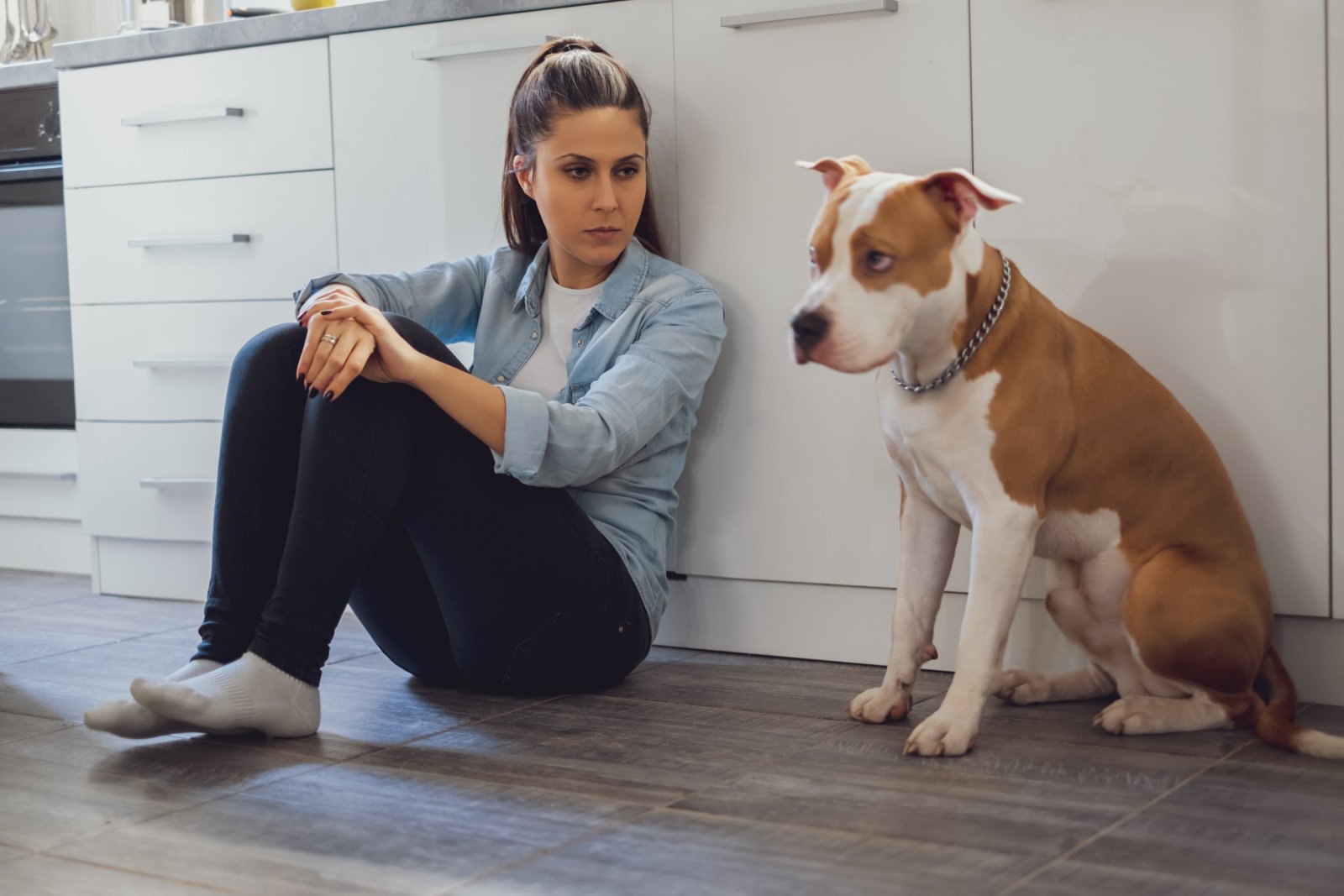
If your dog begins avoiding certain areas of the house or specific people, this could be a sign of regression. They might be experiencing fear or anxiety related to past trauma.
5. Destructive Chewing

A rescue dog that starts chewing on furniture, shoes, or other items might be regressing. This behaviour often stems from anxiety or boredom.
6. Increased Barking

Excessive barking can be a sign of regression. Your dog might be trying to communicate stress or discomfort.
7. Loss of Appetite

A sudden loss of appetite can indicate that your dog is experiencing stress or anxiety. Monitor their eating habits and consult a vet if it persists.
8. Hiding or Withdrawal

If your dog starts hiding or withdrawing from social interactions, it could be regressing. This behaviour often signals that they are feeling overwhelmed or frightened.
9. Sleep Disturbances

Changes in sleep patterns, such as insomnia or excessive sleeping, can be a sign of regression. Stress and anxiety can significantly impact your dog’s sleep.
10. Regressive Play Behaviour
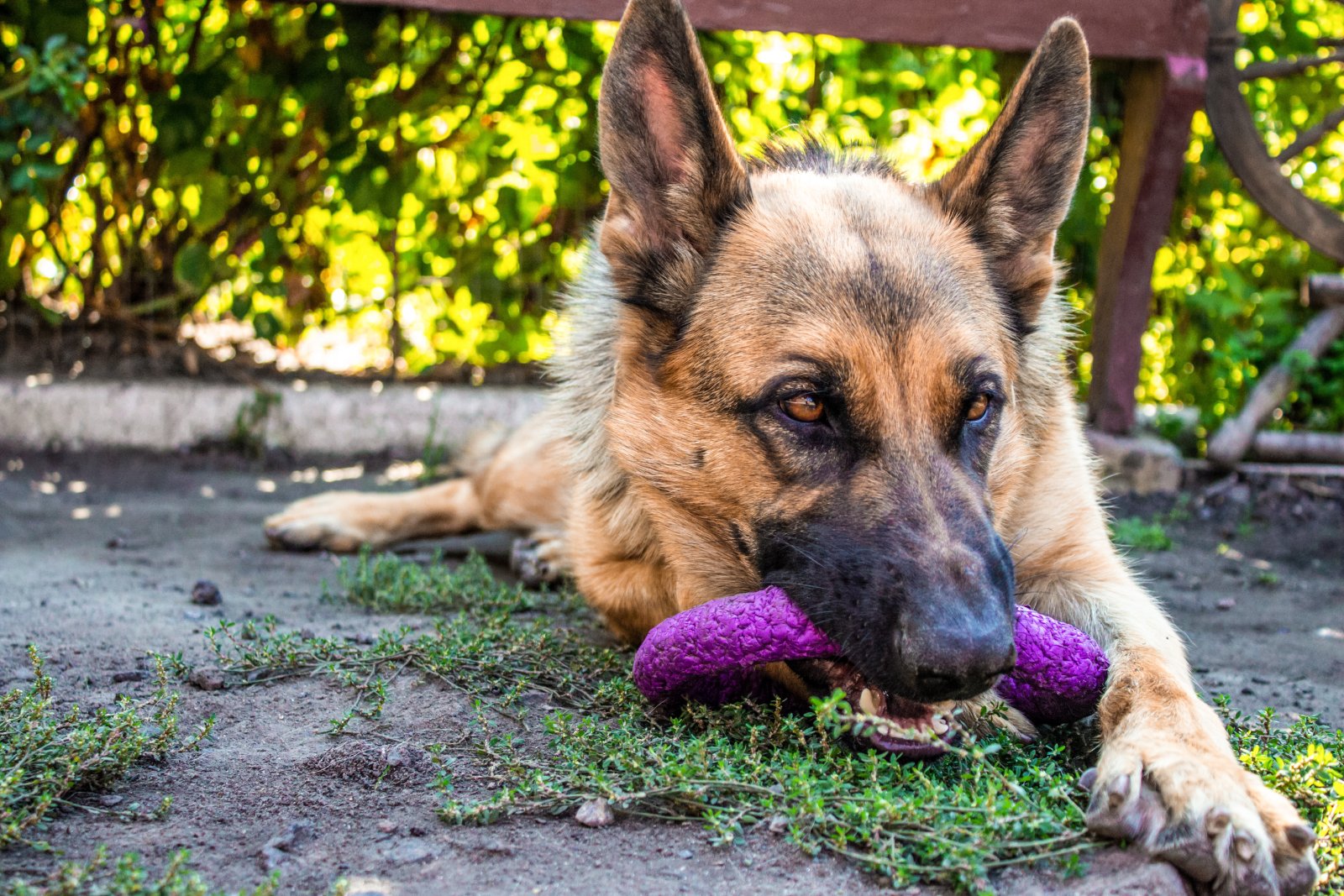
If your dog starts playing in a way that seems overly rough or regressive, it could be a sign of stress or anxiety. Monitor their playtime interactions closely.
11. Excessive Licking or Grooming

An increase in self-licking or grooming can indicate that your dog is experiencing anxiety or stress. This can sometimes lead to skin irritations or infections.
12. Obsessive Behaviours
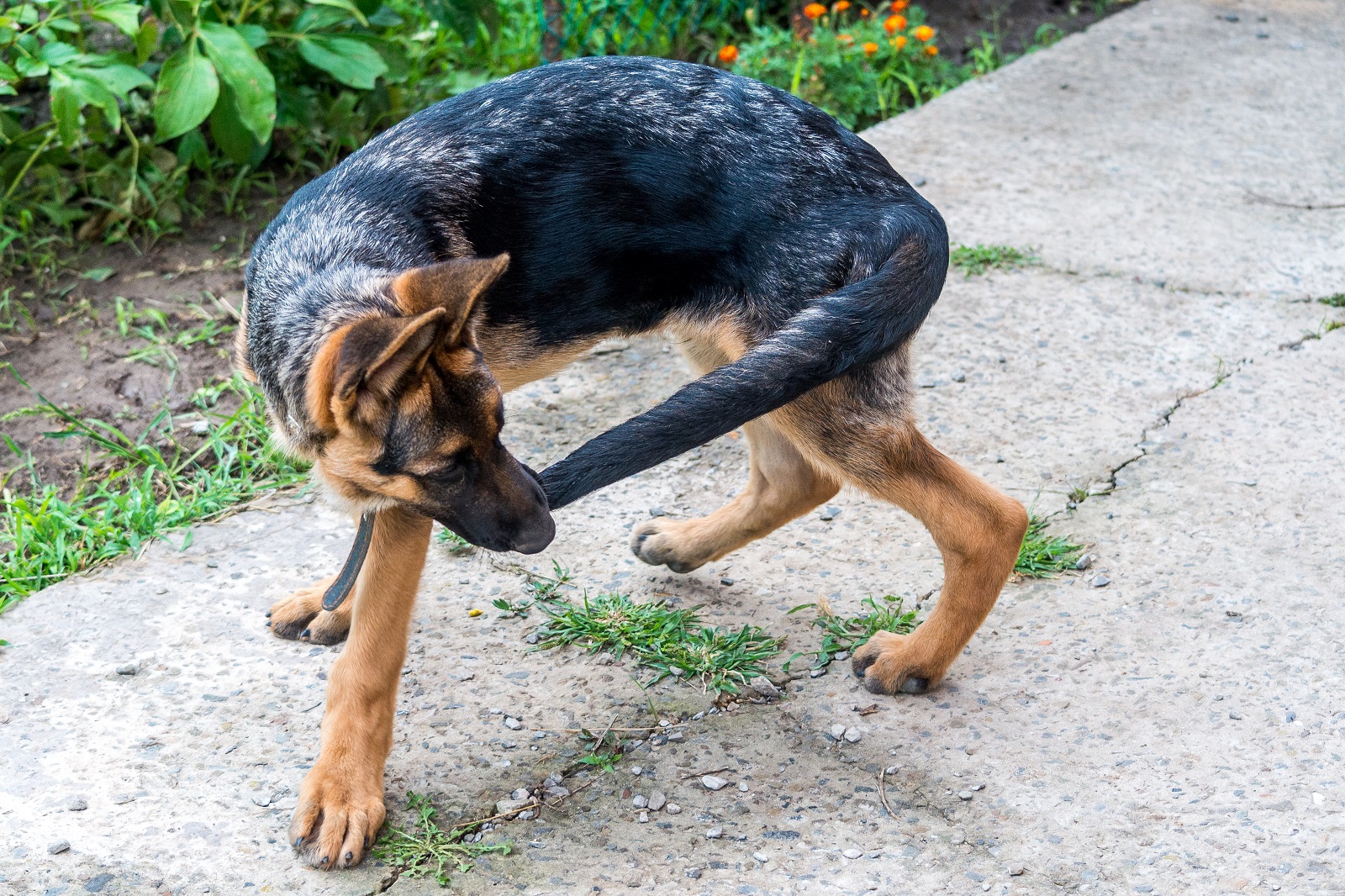
Repetitive or obsessive behaviours, like chasing their tail or constant scratching, can be a sign of regression. These behaviours often indicate underlying stress.
13. Guarding Behaviours
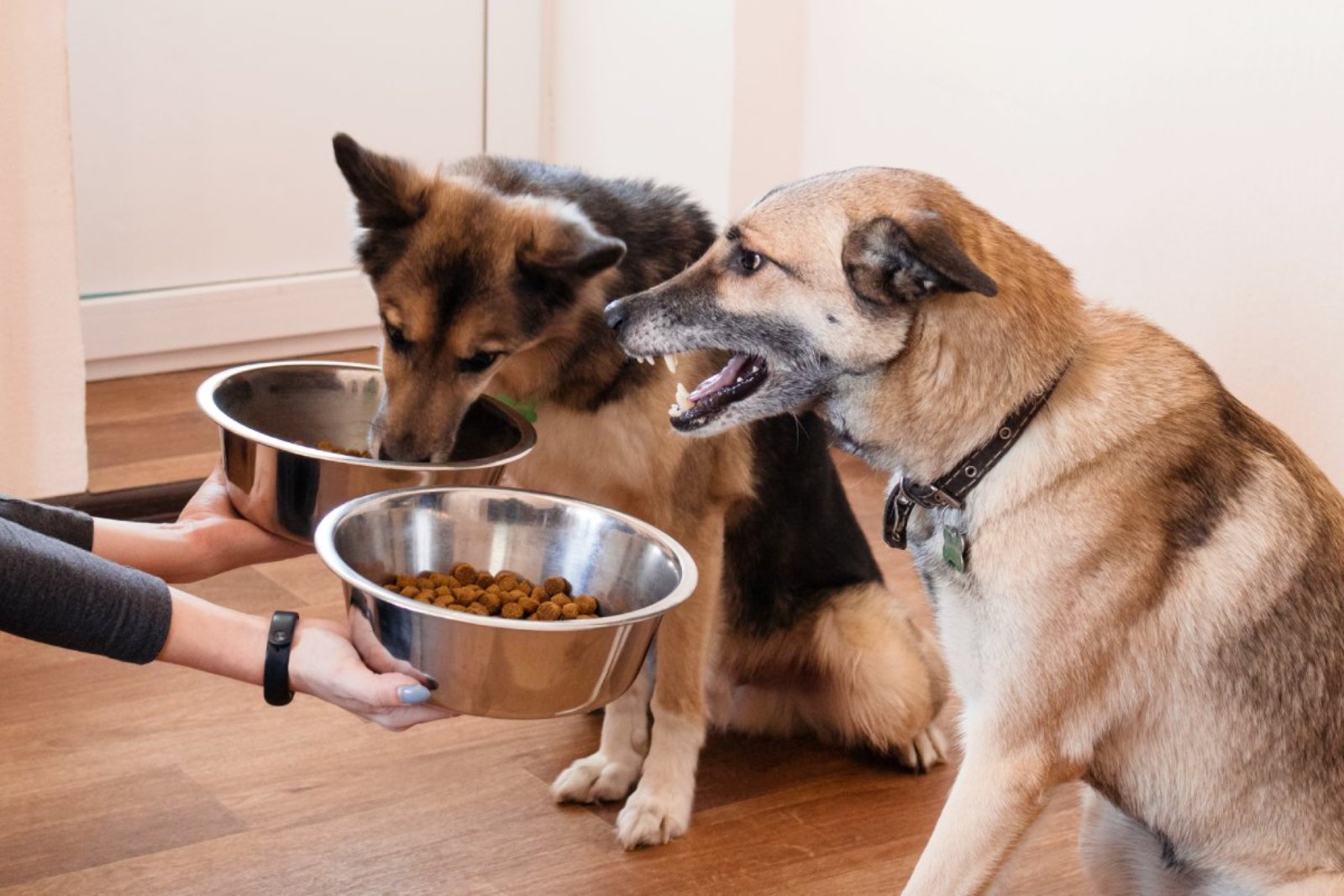
If your dog starts guarding food, toys, or certain areas more aggressively, it could be regressing. This behaviour often stems from insecurity or anxiety.
14. Fear of New People or Animals
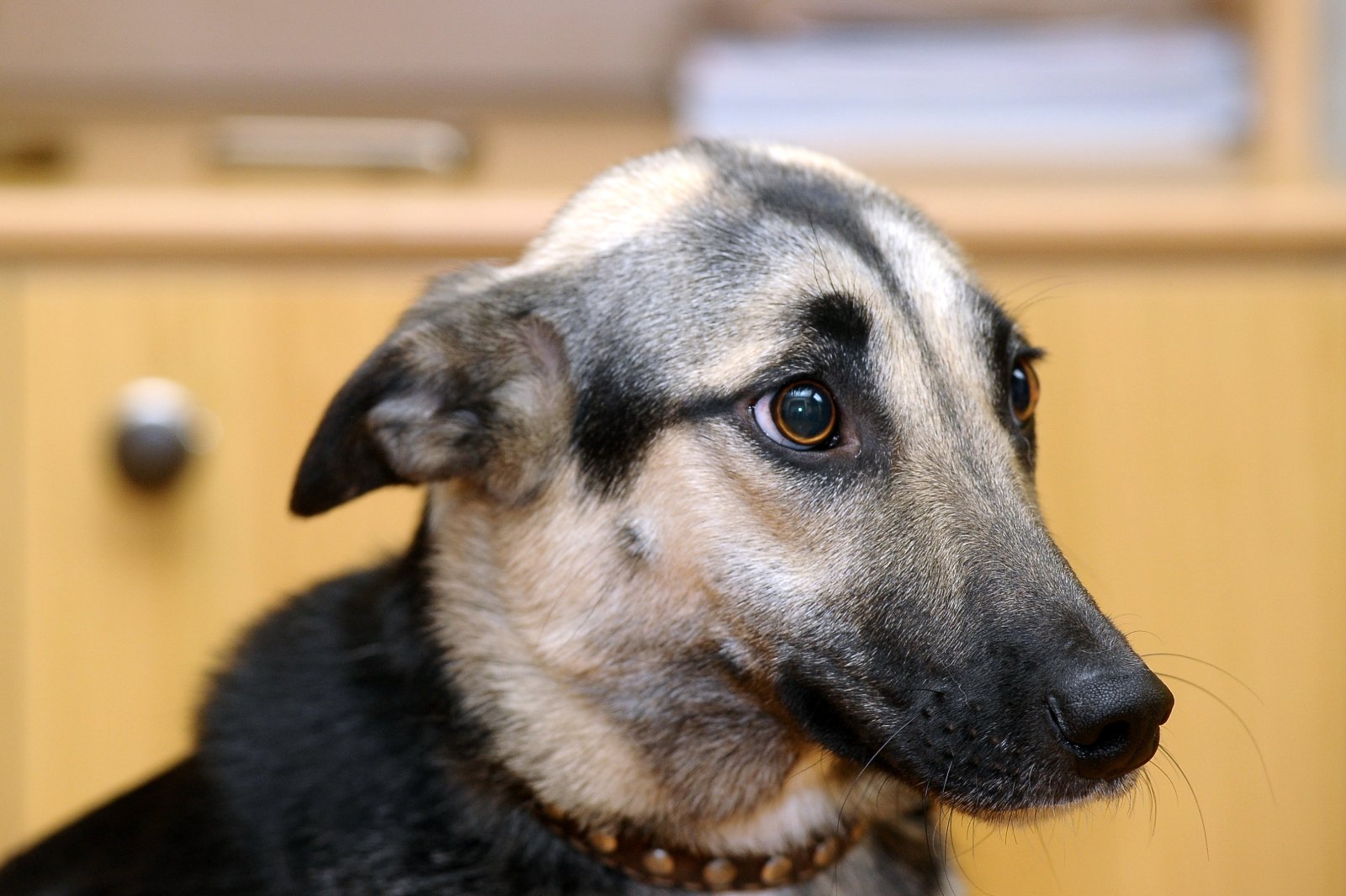
A previously social dog becoming fearful of new people or animals might be regressing. Watch for signs like cowering, hiding, or aggressive posturing.
15. Changes in Body Language
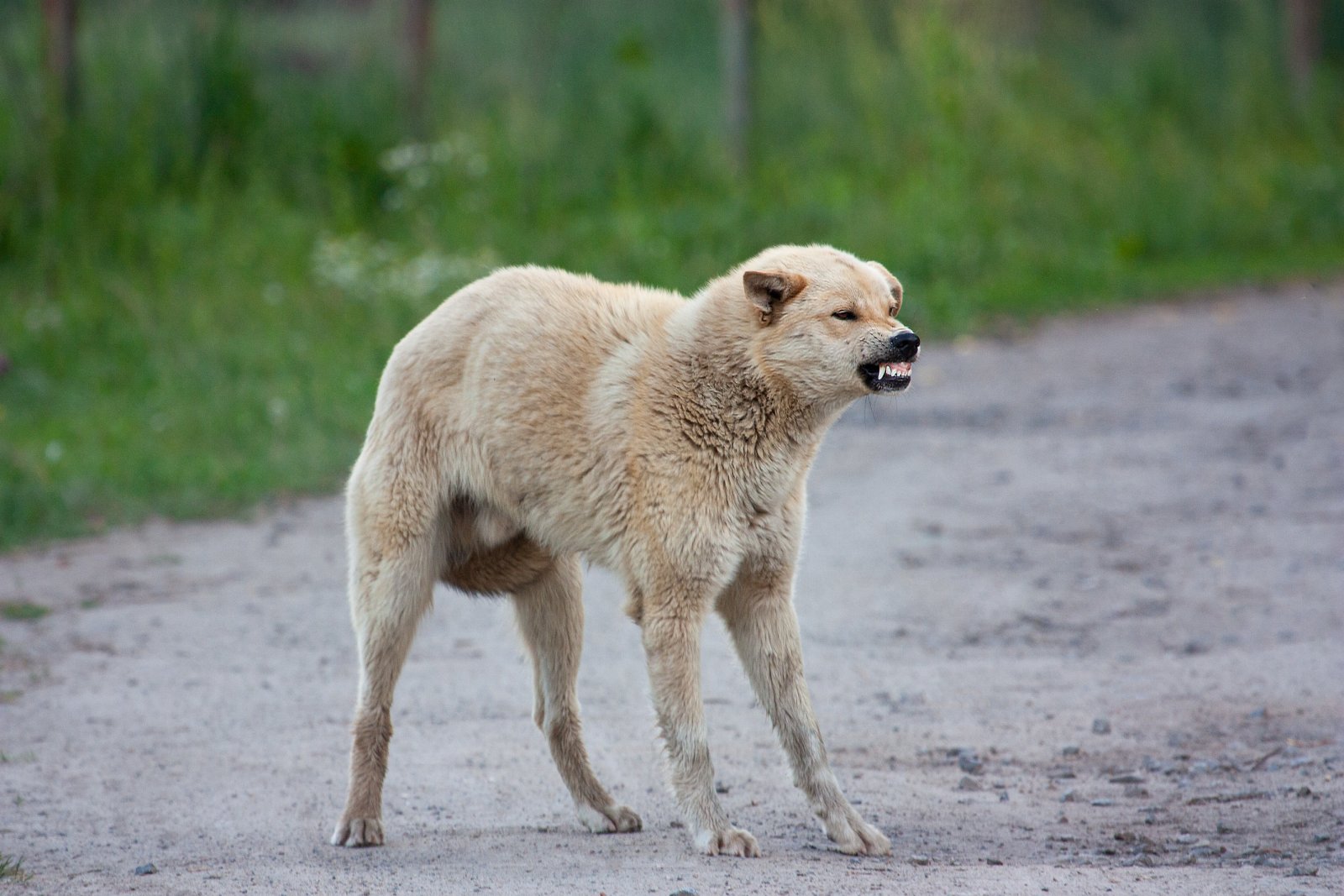
Subtle changes in body language, such as tail tucking, lowered ears, or hunched posture, can indicate regression. These signs often reflect your dog’s discomfort or fear.
16. Increased Vocalisation

Excessive whining, howling, or other vocalisations can signal regression. Your dog might be trying to express discomfort or anxiety.
17. Regression in Training
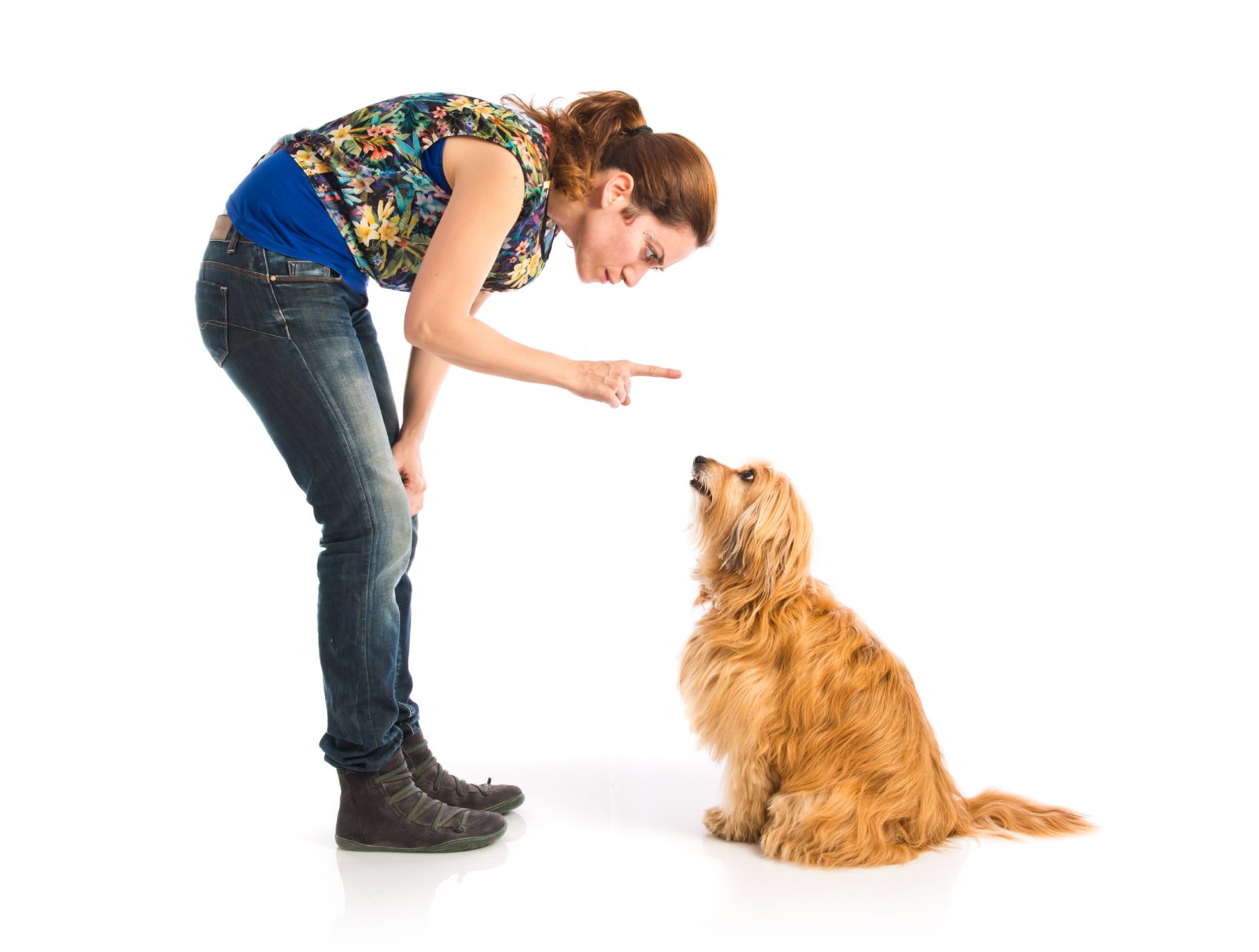
A dog that starts ignoring commands or reverting to old behaviours during training sessions might be regressing. Consistency and patience are key to helping them overcome this.
18. Over-Attachment
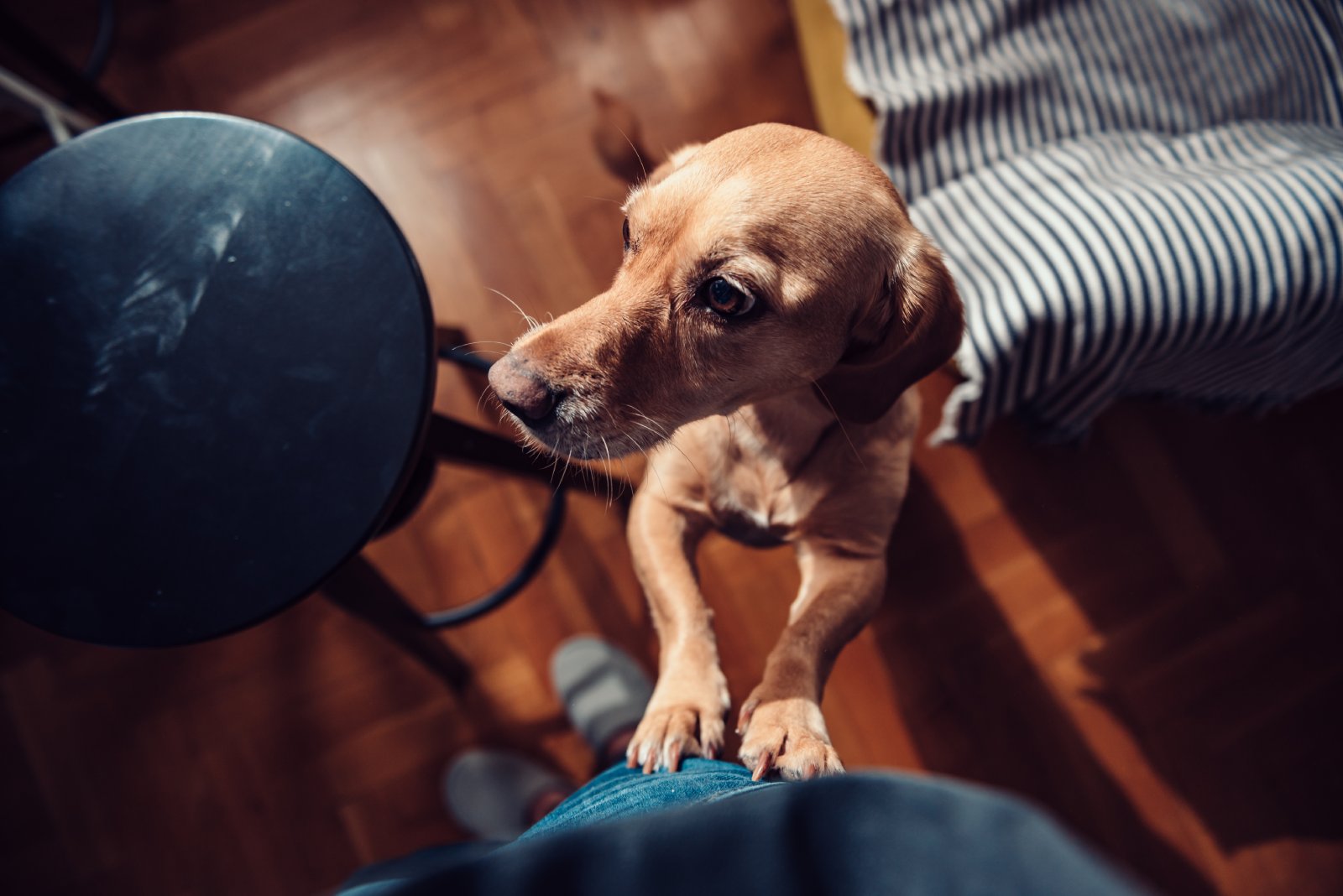
If your dog becomes overly clingy or develops separation anxiety, it could be a sign of regression. They might be feeling insecure and in need of extra reassurance.
Act Early
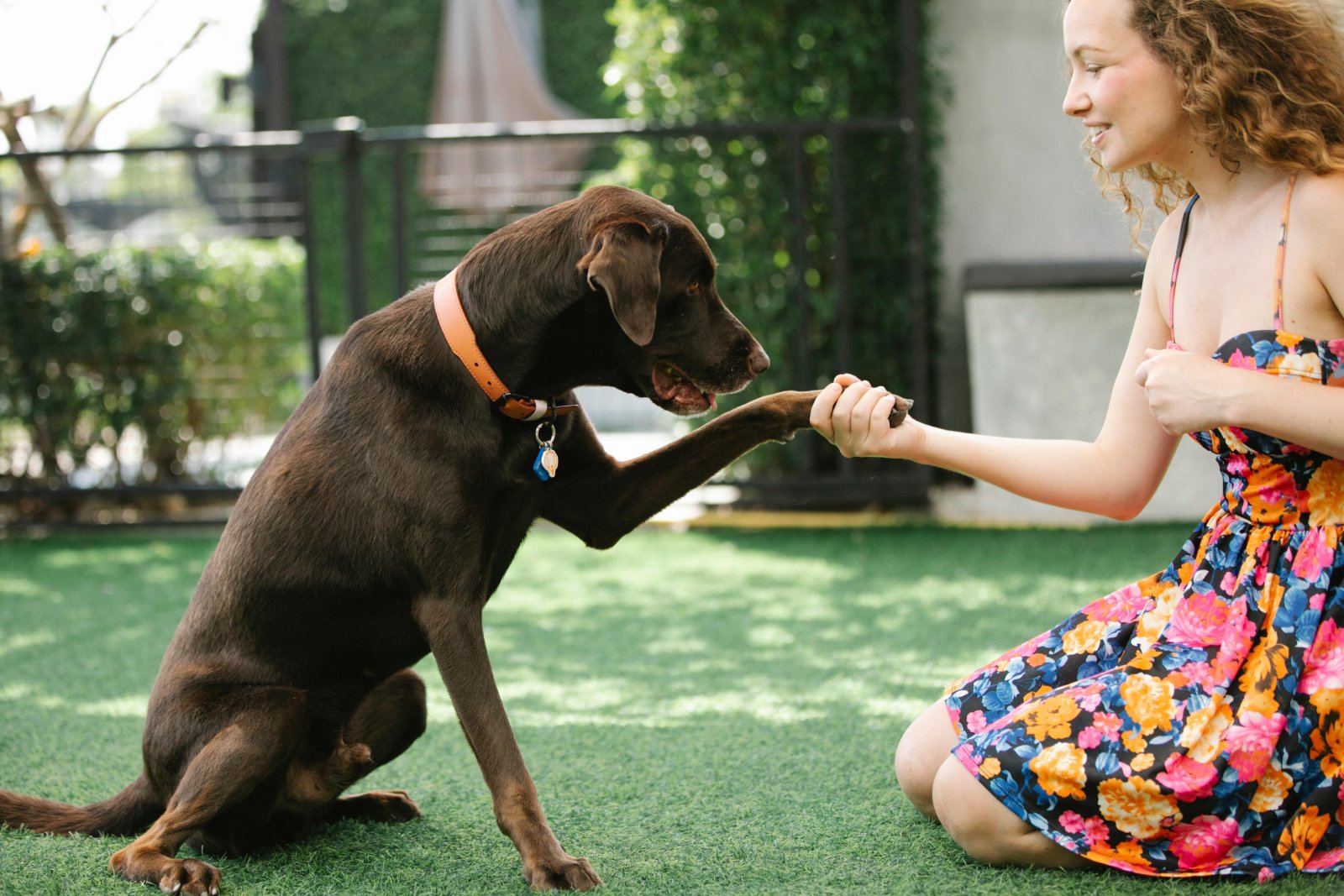
Spotting these signs early can help you address your rescue dog’s needs and provide the support they require to overcome regression. Patience, consistency, and love are essential in helping your rescue dog feel safe and secure.
Featured Image Credit: Shutterstock / Fire-n.
For transparency, this content was partly developed with AI assistance and carefully curated by an experienced editor to be informative and ensure accuracy.

